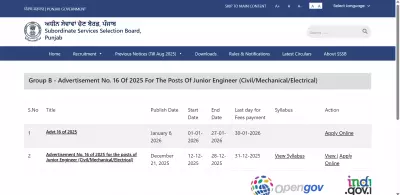
In the vibrant landscape of Indian children's entertainment, a delightful Telugu nursery song titled 'Cinna Papa' is capturing the hearts of young learners and parents alike. This engaging rhyme represents the rich tradition of regional language content that makes learning fun for children across South India.
Why Telugu Nursery Rhymes Matter for Child Development
Regional language nursery songs like 'Cinna Papa' play a crucial role in early childhood education. They help preserve cultural heritage while providing an accessible way for children to learn their mother tongue. The musical elements and repetitive patterns in these rhymes enhance memory retention and language acquisition skills.
The Magic of Musical Learning
What makes songs like 'Cinna Papa' particularly effective is their combination of simple lyrics, catchy melodies, and visual storytelling. These elements work together to create an immersive learning experience that keeps children engaged while naturally building their vocabulary and pronunciation skills in Telugu.
Benefits of Regional Language Content for Kids
- Cultural Connection: Helps children connect with their linguistic roots
- Early Language Development: Builds foundation for bilingual or multilingual abilities
- Cognitive Benefits: Music-based learning enhances memory and recall
- Accessibility: Makes education enjoyable and relatable for young minds
The popularity of 'Cinna Papa' and similar Telugu nursery rhymes highlights the growing demand for quality regional language content in children's entertainment. As digital platforms make such content more accessible, parents increasingly seek out educational materials that celebrate India's diverse linguistic traditions while supporting their children's developmental needs.
These charming rhymes not only entertain but also serve as valuable tools for language preservation, ensuring that regional languages continue to thrive among younger generations in our increasingly digital world.





